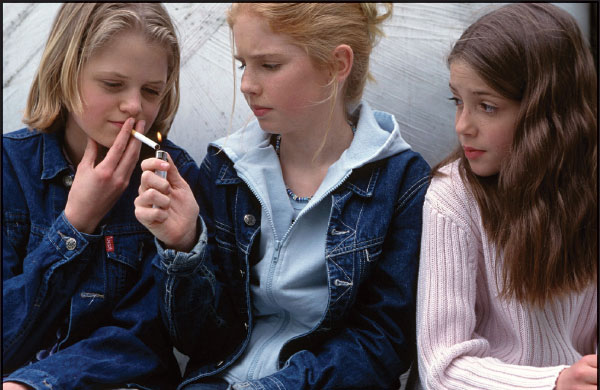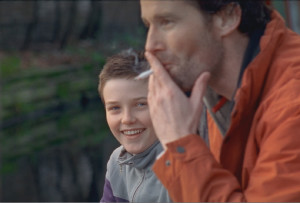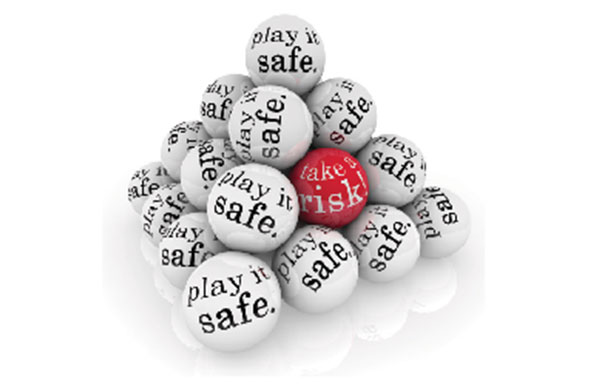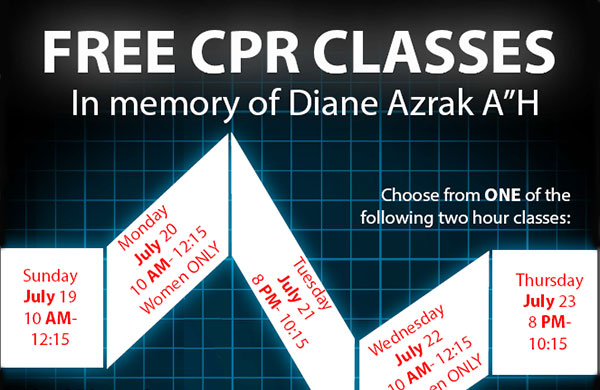
NYC’s Sensible Tobacco Enforcement Law is in full effect. Now, licensed tobacco vendors may not sell cigarettes to anyone under 21 years of age; cigars under $3 must be sold in packages of at least four; and those found selling tobacco products illegally will face up to a $2,000 fine.
With new laws enacted in 2002, New Yorkers who smoked dropped from 21% to 15% as of 2011. Yet, over the last four years, smoking among youth remained the same. The new legislation is a response to this finding—a way to prevent young New Yorkers from becoming smokers. Smoking remains the leading cause of preventable death in NYC and this law aims to end this harmful trend.
Why would teens smoke and where do they get their cigarettes from? The answers are surprising. Fifty percent of 8th graders and 71% of 10th graders say cigarettes are easy to get. Some buy them directly from retailers. Some ask older siblings or other young adults to buy a pack for them and many teens get cigarettes for free from their friends.
There are several reasons teens start smoking, the most common is peer pressure, which often makes young people do things they normally would not, in order to fit in and maintain friendships. Teens who have at least three friends who smoke are 10 times more likely to smoke than young people who have no friends who smoke. Plus, the early teens can be awkward years and many teens are insecure. They rely on their friends for social support and affirmation. No one wants to be seen as the guy who is afraid to try something risky or boundary-pushing—which is another reason young people start smoking.
There’s a thrill that comes from breaking rules. Teens naturally tend to push the limits imposed by schools, parents and their communities. Since it’s illegal for minors to purchase cigarettes, the process of obtaining, learning to use and eventually smoking cigarettes is full of broken rules.
Another reason that kids start smoking is because a parent smokes. Children of smokers are more likely to start smoking than children of nonsmokers and children of parents who quit. According to many studies, if a parent smokes, the odds that his children will smoke doubles. Even nonsmoking parents can act in ways that inadvertently make it easier for their children to start smoking. Parents who treat smoking as a socially acceptable behavior can leave the door open for their children to experiment.
Yet another reason teens start smoking is because it looks attractive when they see their favorite actors and actresses smoking in movies. In the early 1980s, Hollywood responded to national anti-smoking campaigns by cutting the rate at which stars lit up on-screen to just 4.9 times per hour, less than half the 1950’s rate of 10.7. Recently, even though tobacco use is declining in the real world, the silver screen rate has shot back up to 10.9.

Cigarettes in movies are more than just props. When projected on the big screen, they are magnets for young audiences. Every time a character lights up, another kid comes closer to lighting his first cigarette. Smoking in the media can have the same influence as fashion. Studies suggest that when young viewers see a main character smoking, they’re more likely to see it as something stylish and desirable. Perhaps, reducing the number of characters that smoke could be a key factor in reducing the number of teens who take up smoking in the future.
Even though smoking is glamorized in movies, remember that you are the most important influence in your children’s lives. Tell them honestly and directly that you don’t want them to smoke. Give them clear, consistent messages about the risks.
Set a good example. If you smoke, the best thing you can do is quit and talk to your kids about how difficult it is and how much easier it would be if you’d never started in the first place. Establish a smoke-free policy in your home. Don’t allow friends or relatives to smoke indoors at any time.
Talk with your kids about ways to refuse a cigarette. Help them become confident teens who can say no to cigarettes and not cave in to peer pressure. When offered a cigarette, it’s best to say, ‘no thank you; I don’t smoke.’ Let them know that they can keep saying it until their point gets across.
Parents committed to raising smoke-free children have to communicate that smoking is absolutely unacceptable. Start talking about it when they’re five or six years old and continue through their high school years. Explain the health dangers, let them know just how deadly smoking can be.
Get to know your child’s friends and try to steer him towards kids who don’t smoke. Nintey-nine percent of young people who do not have friends who smoke never start smoking, proving sometimes peers have a positive effect. Do your best to raise a smoke-free teen who will become a smoke-free adult.




